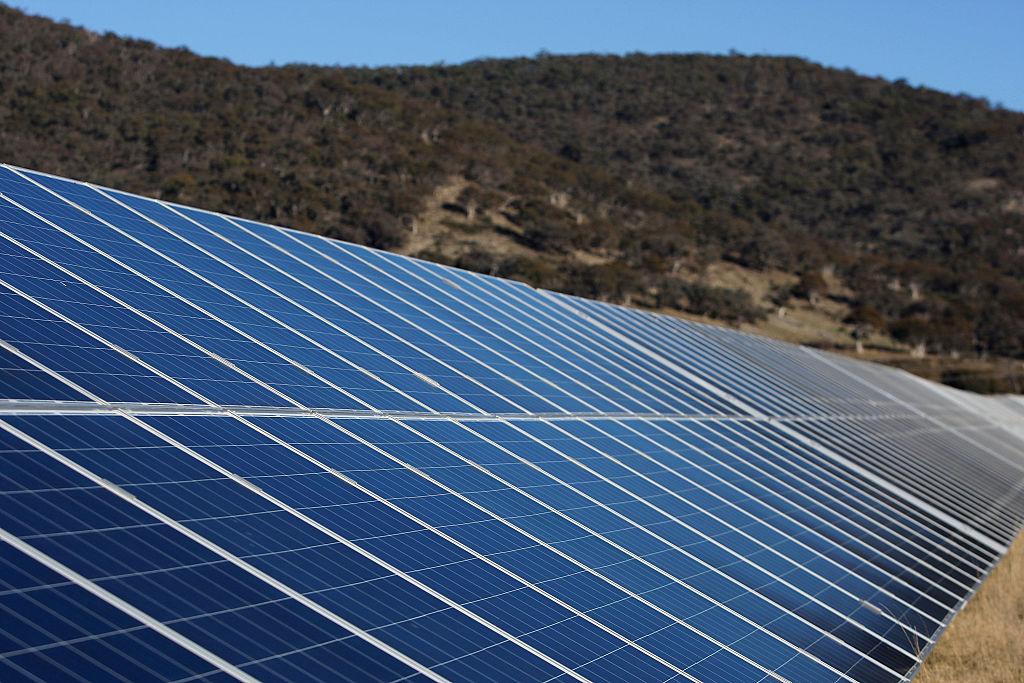Internet giant Google has stepped up its net zero transition in Australia by investing in a new solar farm in New South Wales (NSW).
On Dec. 19, data centre firm AirTrunk, Swedish energy company OX2, and Google announced a partnership on renewable energy.





